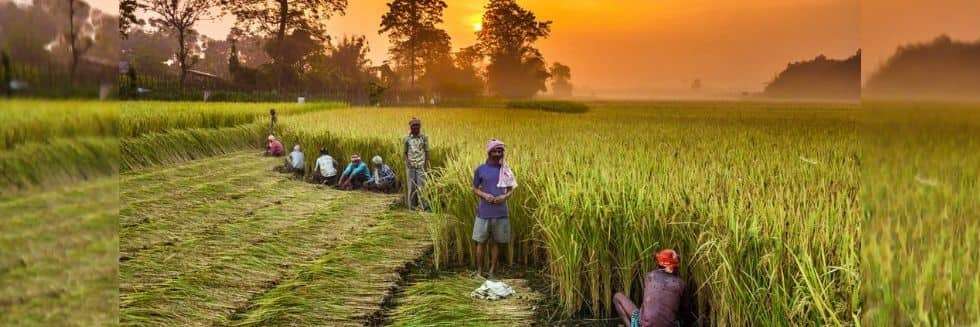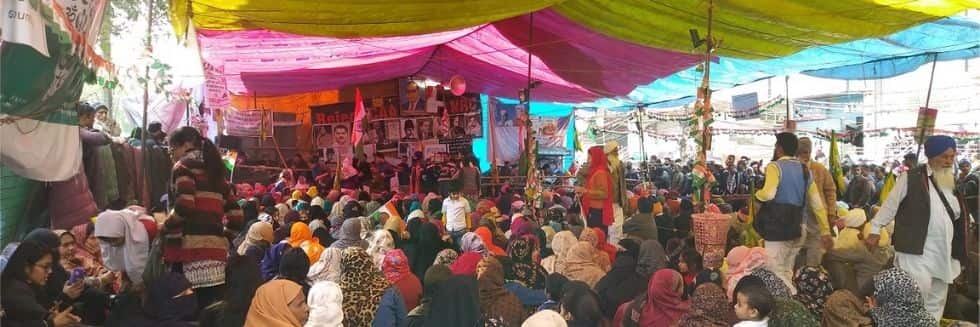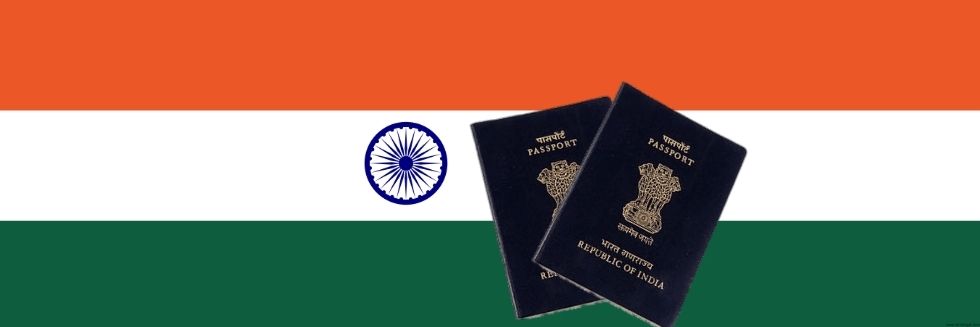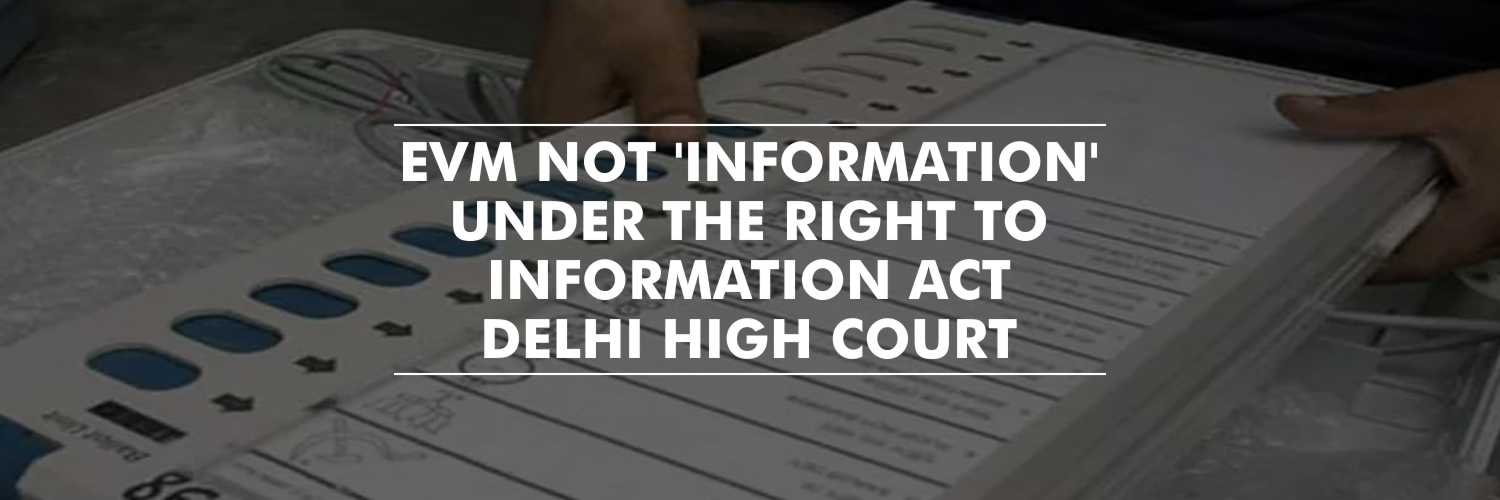On Thursday, the Supreme Court said that the farmers have a constitutional right to continue with their “absolutely perfect” protest as long as their dissent against the three controversial agricultural laws did not slip into violence.
The bench headed by Chief Justice of India SA Bobde was hearing a batch of petitions who sought to remove the protesting farmers from the border areas of Delhi, while citing inconvenience at the border areas and a threat of COVID-19 as grounds for seeking to remove the protesting farmers.
“A protest is constitutional till it does not destroy property or endanger life. The Centre and farmers have to talk; we are thinking of an impartial and independent committee before whom both parties can give its side of story to resolve impasse on farm laws,” stated the top court bench and added that the independent committee can have P Sainath, Bhartiya Kisan Union and others as members. However, CJI Bobde asserted that the farmers cannot block a city like this.
The court noted that it recognizes the farmers’ fundamental right to protest, but at the same time, it cannot affect other fundamental rights or the right to life of others. Meanwhile, CJI asked the Attorney General of India of whether the Union Government can give a commitment that the contentious farm laws will not be implemented while the court is hearing the petitions seeking removal of farmers’ protests.
On the other hand, Attorney General KK Venugopal said that the farmers are violating Covid-19 guidelines which could lead to spread of the infection in their villages. “None of them wears a face mask, they sit together in large numbers. Covid-19 is a concern, they will visit villages and spread it there. Farmers cannot violate the fundamental rights of others,” said Venugopal.
The Centre has also told the Supreme Court that it will not do anything against the interest of farmers. However, the Centre argued that if the enactment is put on hold, the farmers will not come forward for negotiations.
The Bench said that it would serve notices to the protesting farmer unions and give them the liberty to approach the vacation bench. “Till the parties come before us, it would be advisable to obtain suggestions about the constitution of the committee, from all the parties which may be submitted by them, on the date of next hearing in the matter,” the order read.
“We clarify that this court will not interfere with the protest in question. Indeed the right to protest is part of a fundamental right and can as a matter of fact, be exercised subject to public order. There can certainly be no impediment in the exercise of such rights as long as it is non-violent and does not result in damage to the life and properties of other citizens… We are of the view at this stage that the farmers’ protest should be allowed to continue without impediment and without any breach of peace either by the protesters or the police,” stated CJI Bobde.





